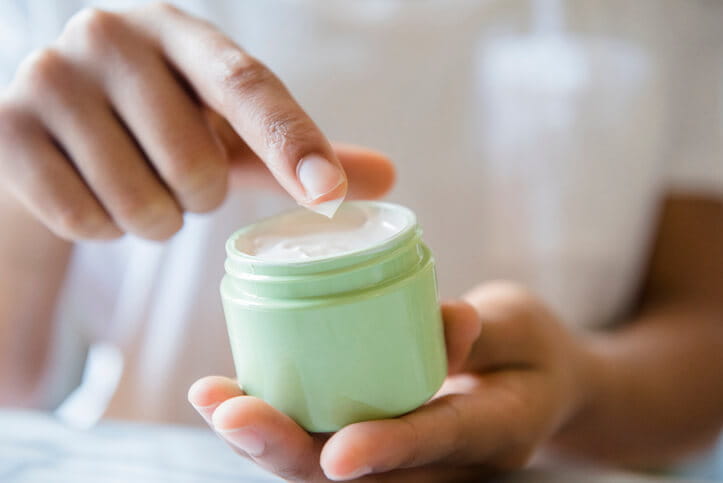What are Tonsil Stones?

Tonsil stones are a common, treatable accumulation of bacteria and various debris that get stuck in the grooves, known as crypts, of the tonsils. Occurring most commonly in teens and people with large tonsils, these stones can cause some discomfort.
Often unnoticed, tonsil stones are common due to the function of your tonsils; blocking dirt, food, and other debris from reaching your lungs. They also are lymph nodes that filter out the old cells, bacteria and any viruses that may enter your mouth. In addition to filtering, tonsils also produce white blood cells and antibodies that attack foreign entities. After fighting them off, hard particles are left behind on the tonsils. Most people swallow these particles and never even know they were there. However, there are times when these particles become lodged in the crypts of the tonsils, and they build up, forming tonsil stones.
Although not all tonsil stones show symptoms, there can be red flags. Usually, tonsil stones are seen as white, yellow or grey nodes on the tonsils. This may not be a symptom for everyone, depending on how burrowed the particles are in the crypts. Other symptoms include:
- Redness and irritation on the tonsils
- Bad breath
- Feeling something stuck in your throat
- Chronic sore throat
- Reoccurring tonsil inflammation, aka tonsillitis
Treatment is simple for all but those particles deep in the crypts. The most common is scraping off the stones with a toothbrush. If that doesn’t work, try gargling salt water or using a water flossing device to wash out the debris. When the tonsil stones are too deep in the crypts, they can’t be removed at home. At this point, contact an ear, nose and throat specialist to have them removed. If tonsil stones become a frequent inconvenience, you may want to consider having your tonsils removed; however, tonsillectomy is the last resort. This is because it is a surgical procedure consisting of anesthesia, pain, possible bleeding and a recovery time of approximately 10-14 days.
The key to preventing tonsil stones is practicing good dental hygiene. It is recommended that you brush your teeth and tongue after meals, at night and in the morning. Flossing will help to prevent and clear any bacteria. Doctors have also suggested gargling with a 50/50 mixture of hydrogen peroxide and water, but they advise against using alcohol based mouthwash.



